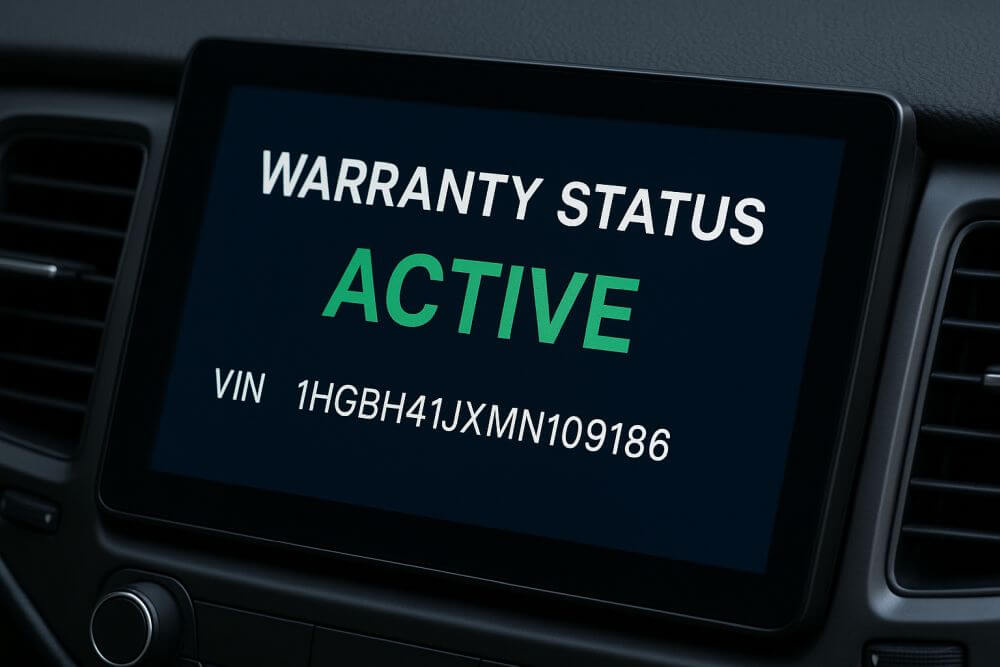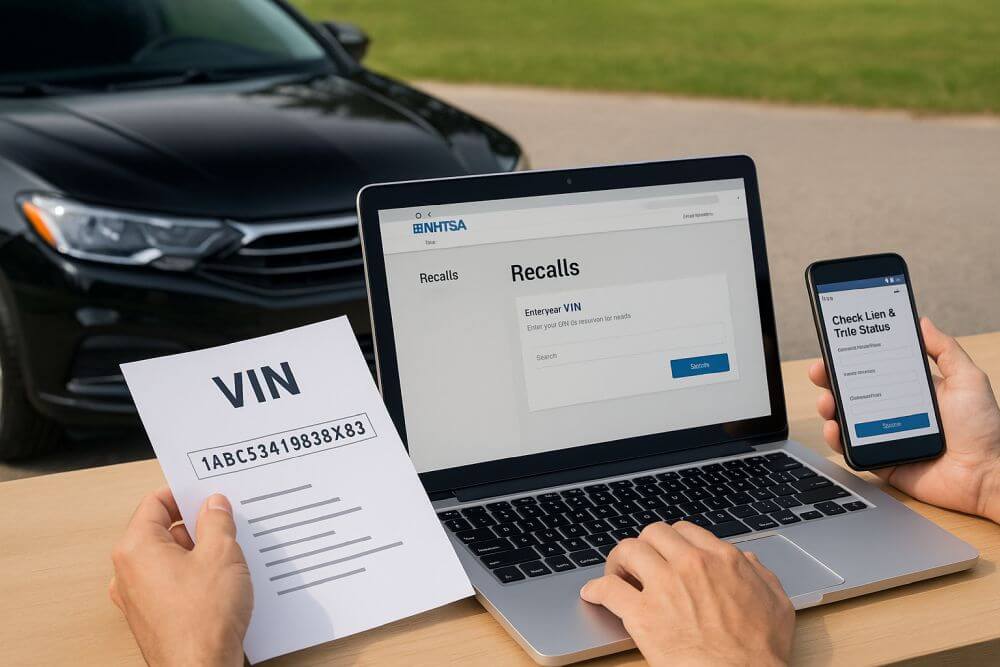Buying a used car can be a great way to save money, but it also comes with risks. A vehicle history report is an essential tool that helps buyers verify a car’s background, ensuring it has no hidden issues like accidents, title problems, or liens. However, not all vehicle history reports are created equal, and knowing which red flags to watch for can save you from purchasing a problematic vehicle.
This guide will educate you on the most critical red flags in a vehicle history report and introduce you to the best tools, including VinCheckPro, which offers a reliable free vehicle history report alternative.
Red Flags to Watch for in a Vehicle History Report
A vehicle history report contains several key pieces of information that help buyers determine whether a car is a safe and worthwhile investment. Below are some of the biggest red flags to look for before purchasing a used vehicle:
1. Salvage or Rebuilt Title
A salvage title means the car was declared a total loss by an insurance company due to severe damage.
✅ Salvage Title – Vehicle was in a major accident and deemed non-roadworthy.
✅ Rebuilt Title – A salvage vehicle that has been repaired and certified for road use.
🚨 Why it’s a red flag?
- Salvage vehicles may have hidden structural damage.
- Insurance companies may refuse to cover a salvage-titled car.
- Resale value is significantly lower than a clean title car.
2. Odometer Rollback or Inconsistent Readings
Odometer fraud is one of the most common scams in the used car market.
✅ Checks recorded odometer readings over time.
✅ Detects discrepancies in mileage.
🚨 Why it’s a red flag?
- Odometer rollback fraud is used to inflate a car’s value.
- A car with altered mileage may have far more wear and tear than expected.
3. Multiple or Frequent Accidents
A car with multiple accidents may have lingering mechanical or structural issues.
✅ Reports both minor and major accidents.
✅ Shows airbag deployments and frame damage.
🚨 Why it’s a red flag?
- Even repaired accidents may compromise the car’s long-term reliability.
- Severe frame damage can affect the vehicle’s safety in future collisions.
4. Lien or Loan Records
A lien means the car is tied to an outstanding loan, and the lender has legal ownership until the debt is settled.
✅ Shows any unpaid auto loans.
✅ Ensures the car is legally owned by the seller.
🚨 Why it’s a red flag?
- If a vehicle has a lien, the new owner could be responsible for the previous debt.
- The lender could repossess the car if the lien isn’t cleared.
5. Theft and Stolen Vehicle Records
Buying a stolen vehicle can result in serious legal trouble.
✅ Indicates if the car was reported stolen.
✅ Shows whether a stolen vehicle was recovered.
🚨 Why it’s a red flag?
- Law enforcement can seize a stolen vehicle, leaving the buyer with nothing.
- Some sellers attempt to disguise stolen cars using fake VIN numbers.
6. Flood, Fire, or Other Natural Disaster Damage
Vehicles exposed to extreme conditions often have long-term issues that may not be immediately visible.
✅ Flood damage titles indicate prior water exposure.
✅ Fire damage can lead to electrical failures.
🚨 Why it’s a red flag?
- Flood-damaged vehicles often suffer from persistent electrical malfunctions.
- Fire-damaged cars may have weakened structural integrity.
How to Check for Red Flags in a Free Vehicle History Report
Step-by-Step Guide:
1️⃣ Locate the VIN: The Vehicle Identification Number (VIN) is usually found on the dashboard, driver’s side door frame, or vehicle documents.
2️⃣ Enter the VIN into a Free History Report Tool: Use VinCheckPro for a comprehensive free report.
3️⃣ Review the Report: Look for any red flags such as salvage titles, past accidents, or odometer discrepancies.
4️⃣ Cross-Check with Multiple Sources: Compare data from VIN Check tools, state DMV searches, and NMVTIS databases.
5️⃣ Consult a Mechanic: Even if a report looks clean, getting a professional mechanic to inspect the car can confirm its condition.
✅ “Before purchasing, run a VIN check to ensure the car is free from hidden issues.”
Final Tips for Used Car Buyers
💡 Start with a free vehicle history report. It provides essential details without any cost.
💡 Compare multiple reports. Different sources may have varying records.
💡 Use a paid report for high-value cars. More expensive vehicles deserve detailed history checks.
💡 Get a pre-purchase inspection. A professional mechanic can identify hidden issues.
💡 Check the VIN on multiple platforms. Some tools provide more details than others.
💡 Look for warning signs. Unusual mileage changes, title discrepancies, and missing records should raise concerns.
Conclusion
A vehicle history report is a crucial tool in used car buying, helping buyers verify a car’s accident history, title brands, lien records, and service history.
For the best free vehicle history report, VinCheckPro provides comprehensive data at no cost, making it a great alternative to paid reports.
🚗 Final Tip: Before buying a used car, get a Vehicle History Report Free from VinCheckPro to uncover hidden issues and make an informed purchase!


